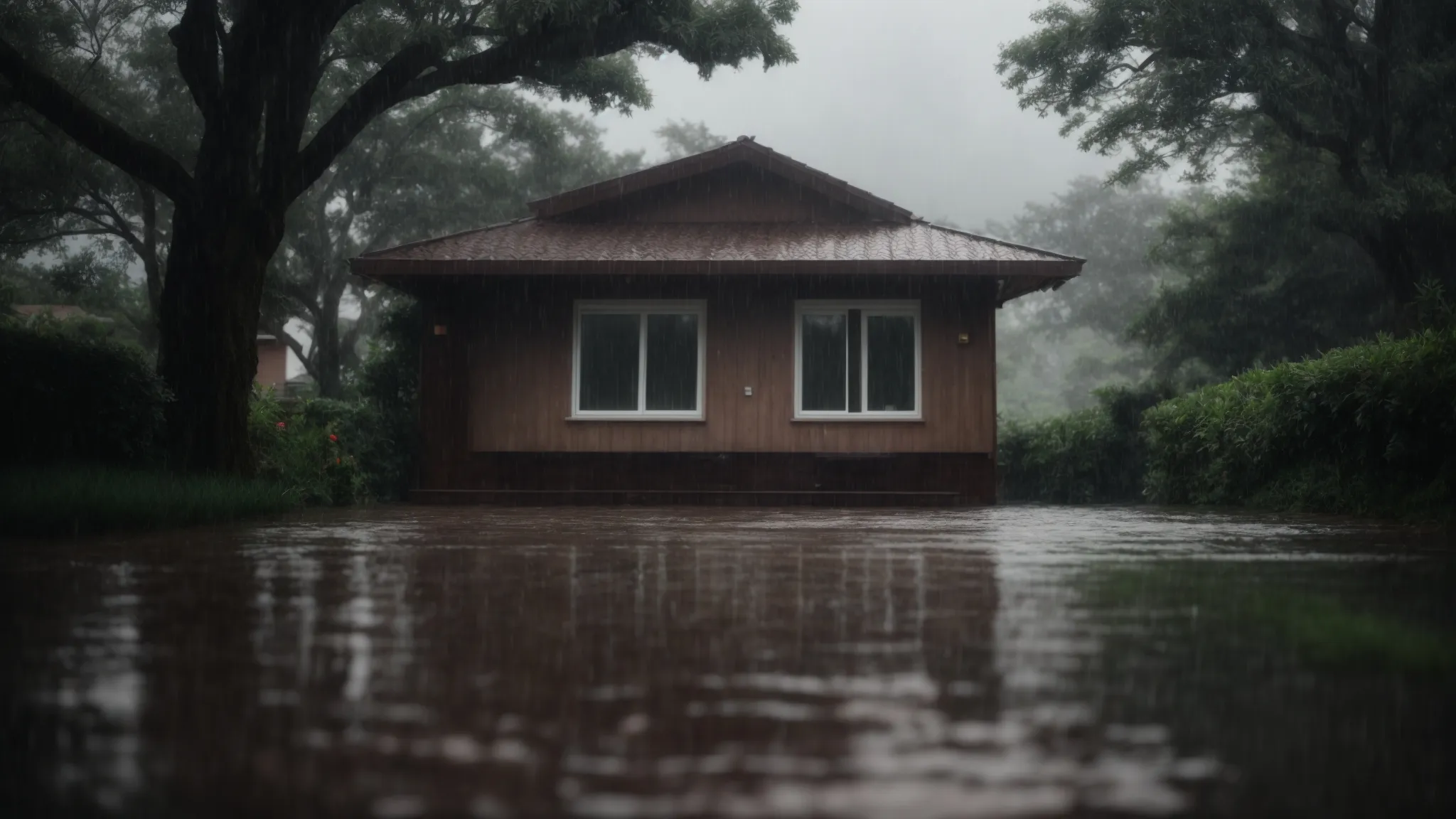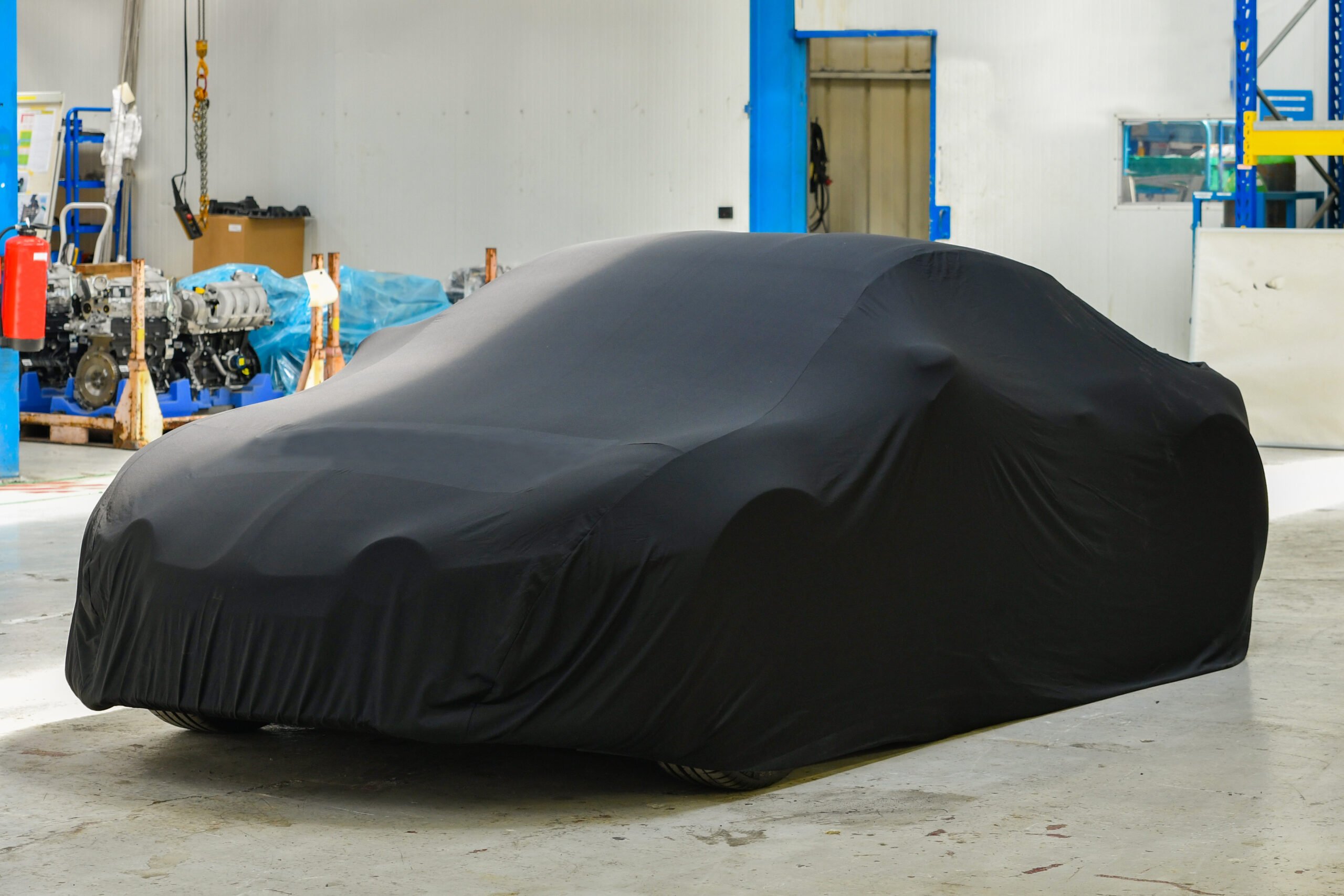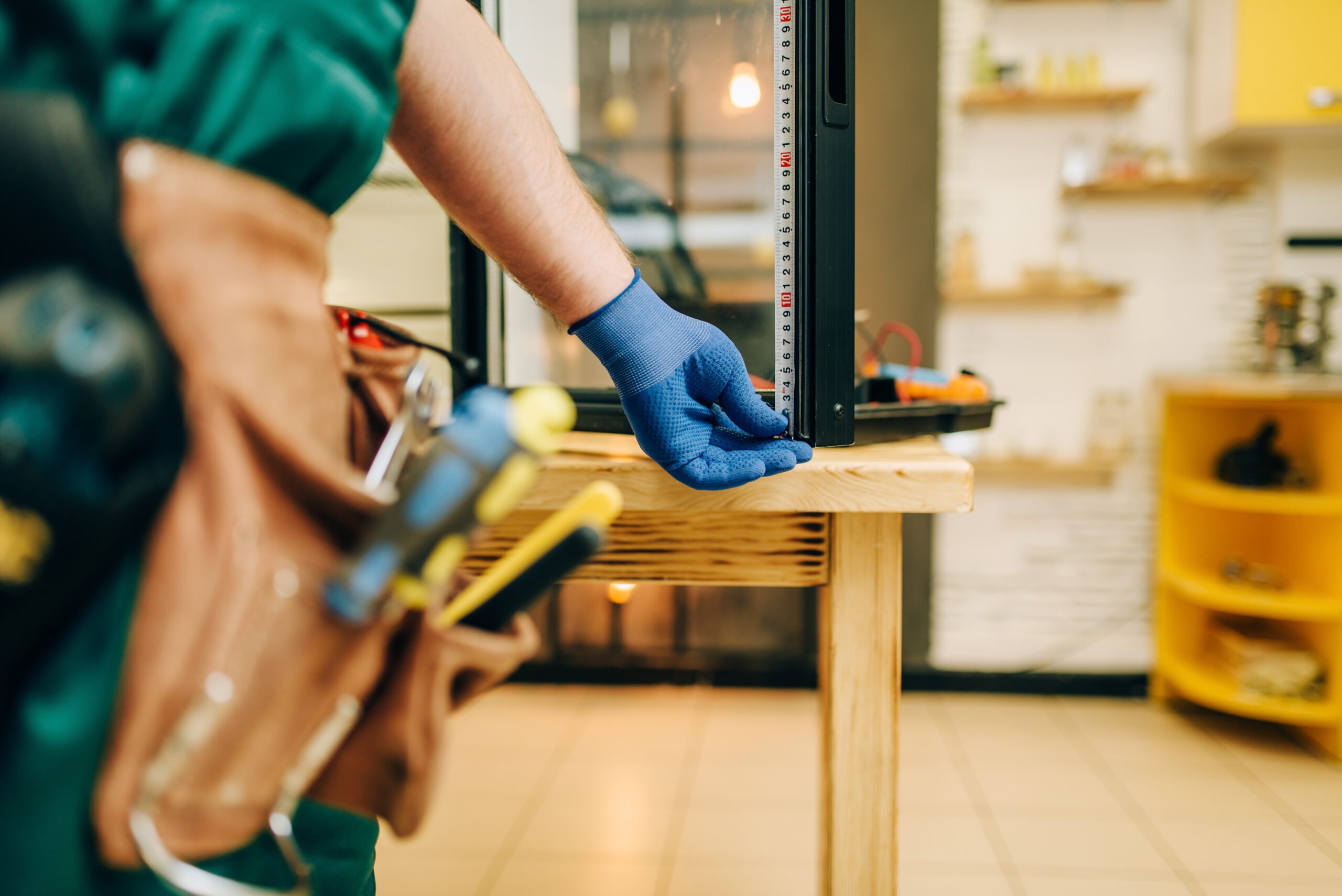There are a number of reasons why adopted children might want to find their biological parents. For some, it’s simply a matter of curiosity. They want to know who their parents are and where they came from. Others still may have questions about why they were adopted and what happened to their biological parents. Whatever the reason, remember that seeking out one’s biological parents is a personal decision. It can be a difficult process, both emotionally and logistically. The search process can be frustrating, but there are more tools than ever available to adoptees who are looking for their families. If you’re not sure where to start, read on for some tips for finding your biological parents.
How can you find your biological parents?
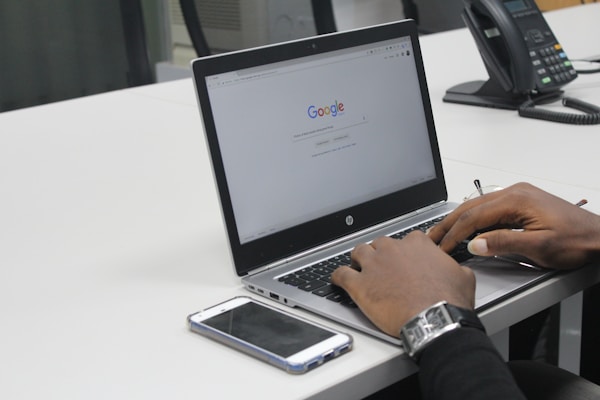
There are many people search services available on the internet that can help you find your biological parents. These services can provide you with information such as the parents’ first name and last name, addresses, and other contact information. In some cases, the search service may also be able to provide you with information about your parents’ family history. Once you have selected a service, you will likely need to provide the service with some information about your parents. This information may include the parents’ names, previous addresses, or possible current locations. It’s okay if you don’t have a lot of details, you can often find results with just a few pieces of personal information. The service will use this information to search their database for matches.
Social media can be a valuable tool for adoptees who want to locate their biological parents or relatives. Many adoptees turn to social media to find photos, information, and contact details of their biological parents. Often, adoptees are able to find this information by searching for their parents’ names on social media platforms or using search services to find their social media profiles. Social media can also be beneficial in other ways. There are numerous online communities and support groups for adoptees, and many of these groups have pages or groups on social media platforms such as Facebook, Instagram, and Twitter. These groups can be a great resource for information and advice, and can also connect adoptees with others who may be able to help with their search.
Why should you consider looking for your biological family?
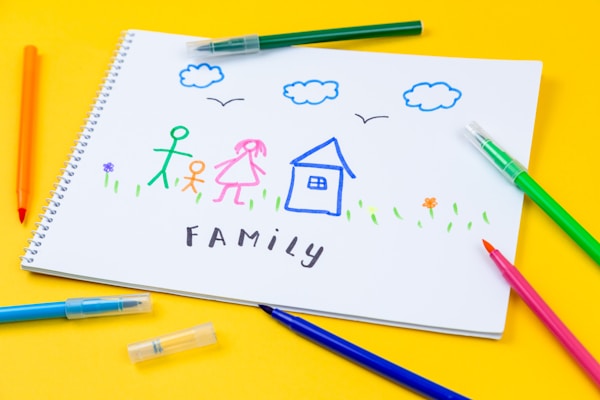
Medical histories are a critical part of any person’s life. For adopted children, it is especially crucial that they have access to their medical history, in order to ensure that they receive proper care and treatment. Unfortunately, many adopted children do not have access to their medical history. Finding your biological family will give you the opportunity to obtain an updated and accurate medical history, as well as ask your birth parents any questions that you may have about your family’s health history. This can provide life-saving medical information in many cases.
Additionally, the process of searching for your biological parents can teach you a lot about your history and culture. You may find that you have more in common with your biological parents than you thought. You may also learn about your family’s cultural traditions. If you are adopted internationally, finding your biological parents can be an important way to learn more about your heritage.
As you can see, there’s a lot to consider when you begin the search process for your biological family. People search services are extremely useful for adoptees that want to find out more about their families. It can be helpful to have some personal details to begin your search, but many search engines don’t require many details to comb through their database. You can then use that information to try to find a way to get in touch with them. Social media is especially useful for this part of the process. Just make sure you’re prepared for the experience of reuniting with them if you choose to do so. Follow this advice and you’ll be well on your way to reconnecting with your biological family.




